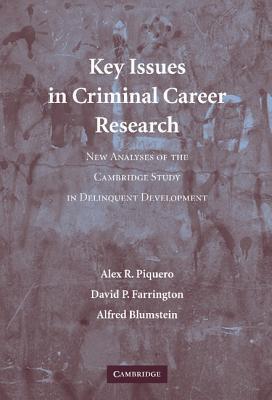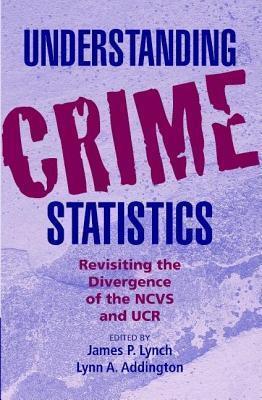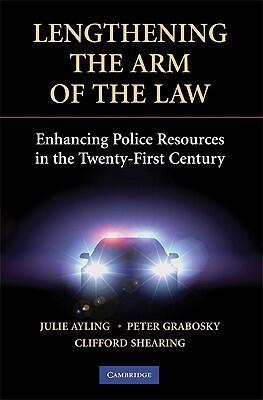
Key Issues in Criminal Career Research: New Analyses of the Cambridge Study in Delinquent Development
Language: English
Format: Hardcover
ISBN 10: 0521848652
ISBN 13: 9780521848657
Publication date:
January 8th, 2007
Publisher: Cambridge University Press
Pages: 256
Genres: Mystery, Science & Technology
This compelling work delves into the intricate complexities of criminal careers, shedding light on various contentious issues that have often eluded comprehensive study. Drawing upon the renowned Cambridge Study in Delinquent Development, it provides fresh analyses that enrich the ongoing discourse surrounding delinquent behavior and criminality.
The authors, eminent figures in the field of criminology, bring their expertise to bear on critical topics such as the onset, persistence, and cessation of criminal activity. Their thorough examination reveals not only the developmental trajectories of young offenders but also the influential factors that shape these paths over time. By integrating empirical data with robust theoretical frameworks, the book offers a nuanced understanding of the interplay between individual choices and broader societal influences.
Moreover, the authors challenge prevailing assumptions and illuminate the importance of longitudinal research in characterizing criminal careers. Their findings provoke thoughtful reflection on interventions, policy implications, and the effectiveness of various prevention strategies in addressing youth delinquency.
Ultimately, this volume is a vital resource for anyone interested in the dynamics of criminal behavior, enriching the dialogue among scholars, practitioners, and policymakers alike. Its insights are both timely and essential, as society grapples with the ongoing challenge of crime and its multifaceted origins.
The authors, eminent figures in the field of criminology, bring their expertise to bear on critical topics such as the onset, persistence, and cessation of criminal activity. Their thorough examination reveals not only the developmental trajectories of young offenders but also the influential factors that shape these paths over time. By integrating empirical data with robust theoretical frameworks, the book offers a nuanced understanding of the interplay between individual choices and broader societal influences.
Moreover, the authors challenge prevailing assumptions and illuminate the importance of longitudinal research in characterizing criminal careers. Their findings provoke thoughtful reflection on interventions, policy implications, and the effectiveness of various prevention strategies in addressing youth delinquency.
Ultimately, this volume is a vital resource for anyone interested in the dynamics of criminal behavior, enriching the dialogue among scholars, practitioners, and policymakers alike. Its insights are both timely and essential, as society grapples with the ongoing challenge of crime and its multifaceted origins.











